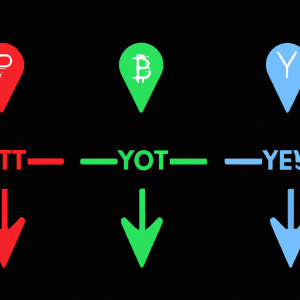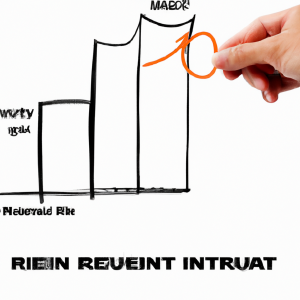
Achieving Global Financial Stability Through Market Integration
Financial Market Integration
What is Financial Market Integration?
Financial market integration refers to the process of linking different financial markets around the world, allowing for the free flow of capital, investments, and financial assets across borders. This integration helps to promote efficiency, liquidity, and stability in the global financial system.
Benefits of Financial Market Integration
Increased Liquidity
Integration of financial markets leads to increased liquidity as investors have access to a wider pool of assets and can easily buy and sell securities in different markets.
Diversification of Investments
Investors can diversify their portfolios by investing in a variety of assets from different markets, reducing their overall risk exposure.
Efficient Allocation of Capital
Integration allows for the efficient allocation of capital to its most productive uses, leading to economic growth and development.
Challenges of Financial Market Integration
Regulatory Hurdles
Different countries have varying regulatory frameworks and standards, which can create barriers to the integration of financial markets.
Market Fragmentation
Fragmentation of markets can hinder integration as investors may face obstacles in trading across different markets due to differences in trading hours, settlement systems, and market practices.
Risk of Contagion
Integration can also lead to the risk of contagion, where financial crises in one market can quickly spread to other interconnected markets, causing widespread disruptions.
Steps Towards Financial Market Integration
Harmonization of Regulations
Countries need to work towards harmonizing their regulatory frameworks to facilitate cross-border investments and ensure a level playing field for market participants.
Standardization of Market Practices
Standardizing market practices such as trading hours, settlement systems, and disclosure requirements can help reduce fragmentation and improve market efficiency.
Enhanced Risk Management
Developing robust risk management practices and mechanisms can help mitigate the risk of contagion and ensure the stability of integrated financial markets.
Conclusion
Financial market integration is essential for promoting efficiency, liquidity, and stability in the global financial system. While there are challenges to overcome, with concerted efforts towards harmonization, standardization, and enhanced risk management, countries can work towards achieving a more integrated and resilient global financial market.

